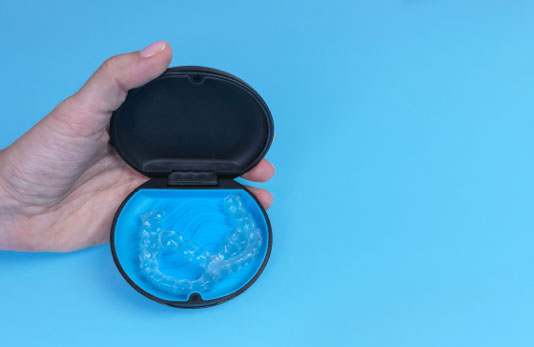Your guide to canker sores

Canker sores, also called aphthous ulcers, are small ulcers that can form inside your mouth. They typically develop on the soft tissues in your mouth, such as the inside of your cheeks, under your tongue, on the roof of your mouth and on your gums.
Canker sores are usually white or yellow and sometimes have a small red border surrounding them. Early symptoms can include small bumps or red spots that cause slight burning or tingling sensations.
What causes a canker sore?
Canker sores are usually caused by trauma to the tissue. Biting your cheek, overzealous brushing or even eating spicy foods can cause a canker sore.
Other causes of canker sores include:
- Braces, retainers or dentures rubbing against your cheek
- Genetics
- Fatigue
- Stress
- Weakened immune system
- Chemotherapy
- Nutritional problems or deficiencies
- Menstruation
- Spicy foods
- Irritants, like flavoring, in toothpaste
Treating a canker sore
Canker sores can be quite painful, especially when talking or eating. To minimize the pain, avoid the following:
- Hot and spicy foods such as hot sauce
- Foods with sharp, crunchy edges like chips
- Acidic foods or beverages such as citrus juices
Canker sores can’t be cured, but you can try various treatments to ease the discomfort:
- Over-the-counter pain medication (such as aspirin or ibuprofen) for general pain relief
- Over-the-counter topical anesthetic, including gels or patches that form a protective covering for the sore
- Aloe vera juice
Canker sores usually disappear in about seven to 10 days. If your sore doesn’t heal after two weeks, you should see your dentist to rule out other causes, such as oral cancer.
Canker sore or cold sore?
Canker sores aren’t the same as cold sores. Cold sores (also known as fever blisters) are caused by the herpes simplex virus and are contagious. Canker sores, on the other hand, appear for the reasons explained above and can't be spread to other people.
To figure out whether you have a canker sore or a cold sore, note whether the sore is inside or outside your mouth. If it's inside your mouth, it's most likely a canker sore; outside, probably a cold sore. A tingling feeling can also indicate a cold sore.
Both canker sores and cold sores can be triggered by stress and lack of sleep.
Last updated July 21, 2021
Related articles:
The oral health information on this website is intended for educational purposes only. Always consult a licensed dentist or other qualified health care professional for any questions concerning your oral health.


